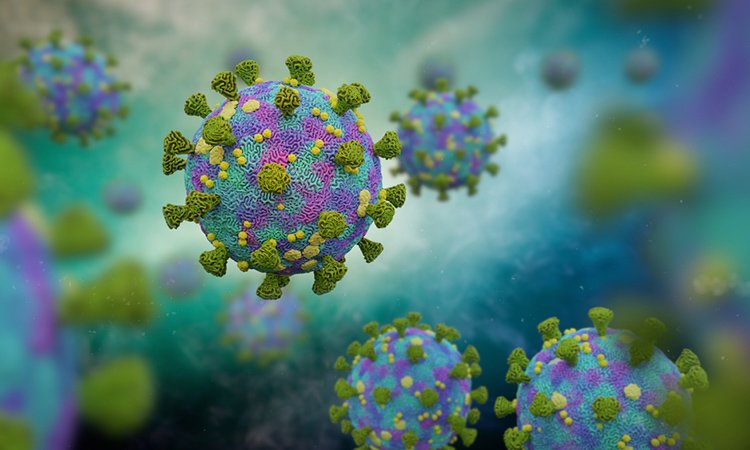Inflammatory bowel disease drugs could combat COVID-19, study suggests
Posted: 6 November 2020 | Victoria Rees (Drug Target Review) | No comments yet
Anti-inflammatory therapies for inflammatory bowel disease could aid recovery from COVID-19 as they target an enzyme involved in both diseases.


An enzyme that helps SARS-CoV-2, the coronavirus causing the COVID-19 pandemic, infect the body also plays a role in inflammation and patient outcomes in inflammatory bowel disease (IBD), according to a new study. The findings raise the possibility that anti-inflammatory drug therapies for IBD may aid recovery from coronavirus.
The study was conducted at Cedars-Sinai Medical Centre, US. The researchers focused on angiotensin-converting enzyme 2 (ACE2), which normally plays a crucial role by activating a hormone that helps regulate blood pressure. However in COVID-19 infections, the SARS-CoV-2 virus binds to ACE2 and uses it to invade and infect cells, ‘hijacking’ them to spread the virus.
To learn more about how ACE2 affects the body, the investigators examined its role in Crohn’s disease and ulcerative colitis – two types of IBD that can cause inflammation and scarring (fibrosis) in the digestive tract along with diarrhoea, cramping and loss of appetite.
“We chose these disorders because COVID-19, while known for attacking the lungs, frequently causes gastrointestinal (GI) symptoms,” said Dr Dermot McGovern, senior author of the new study. “It was important for us to understand how COVID-19 might affect IBD patients who are treated with anti-inflammatory medications. Also, there is increasing evidence that the GI tract may serve as an alternate route for uptake of SARS-CoV-2 in general.”
By examining records of nearly 1,000 patients in multiple centres across North America, the team found that levels of ACE2 in the small bowel were lower in Crohn’s patients and higher in the colons of ulcerative colitis patients than they were in patients without IBD. The differing ACE2 levels were associated with poorer outcomes and more severe disease in the IBD patients.
“We saw that the effect of ACE2 depended on both its specific location in the gastrointestinal tract and the specific disease involved,” said McGovern. “So, this enzyme was a double-edged sword.”
In both types of IBD, treatment with infliximab, an anti-inflammatory drug, normalised the levels of ACE2 and was associated with improved disease outcomes in patients. This finding suggests these drugs, commonly used in autoimmune diseases, also might improve outcomes in COVID-19, the investigators said.
“Overall, our study supports the potential paradoxical function of ACE2 in inflammation and COVID-19,” McGovern said. “Individuals with higher ACE2 expression may be at increased risk of infection with SARS-CoV-2. However judging from our discoveries of how ACE2 works in IBD, this enzyme likely has anti-inflammatory and anti-fibrotic functions that also could help certain COVID-19 patients recover from the virus.”
The researchers say that further research is needed to delineate the processes involving ACE2 and what they might mean for treating COVID-19 patients.
The study was published in Gastroenterology.
Related topics
Drug Development, Drug repurposing, Drug Targets, Research & Development, Therapeutics
Related conditions
Covid-19, Crohn’s disease, Inflammatory bowel disease (IBD), ulcerative colitis
Related organisations
Cedars-Sinai Medical Centre
Related people
Dr Dermot McGovern


